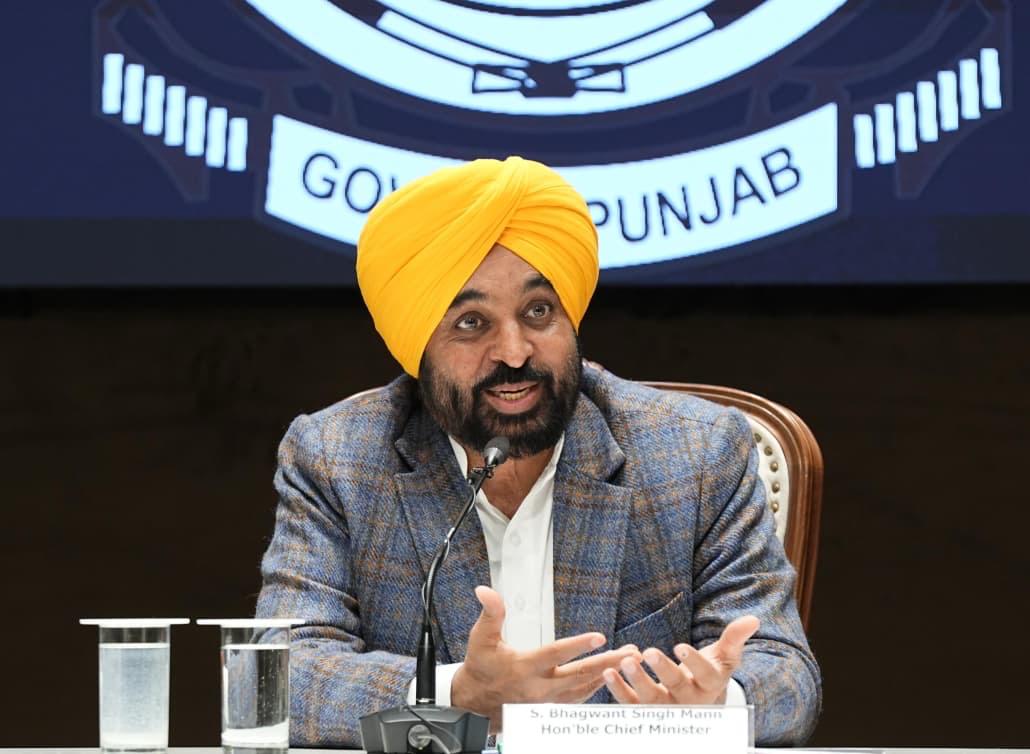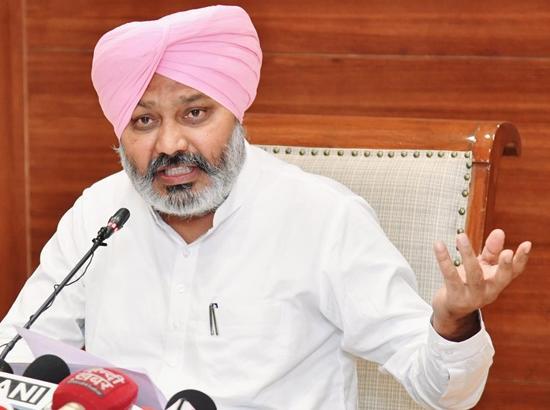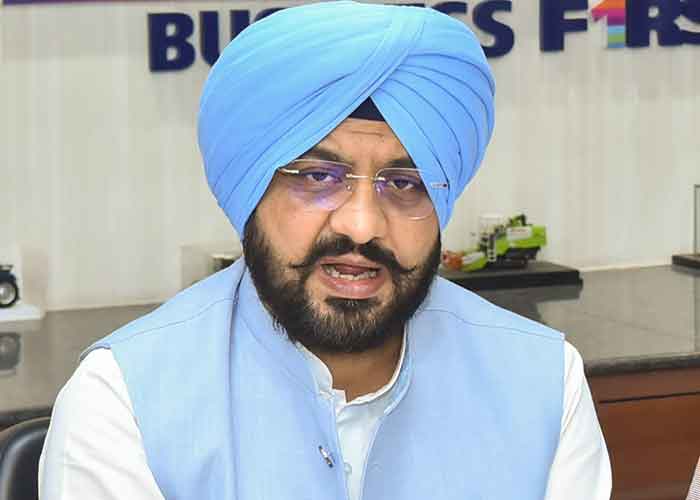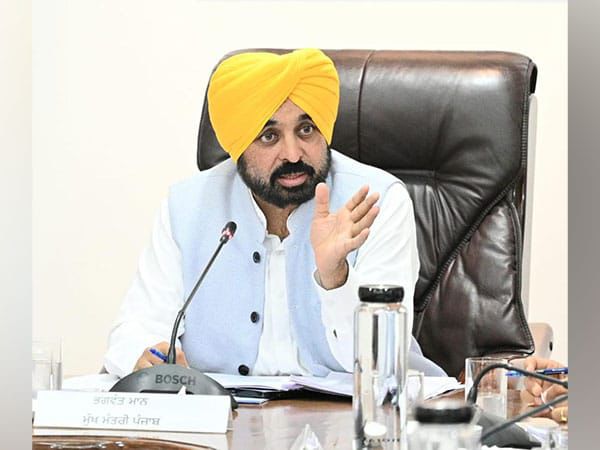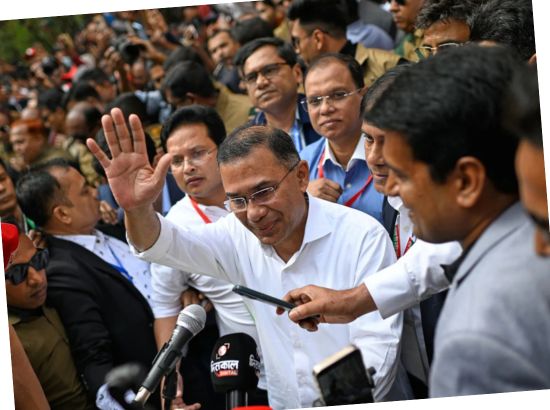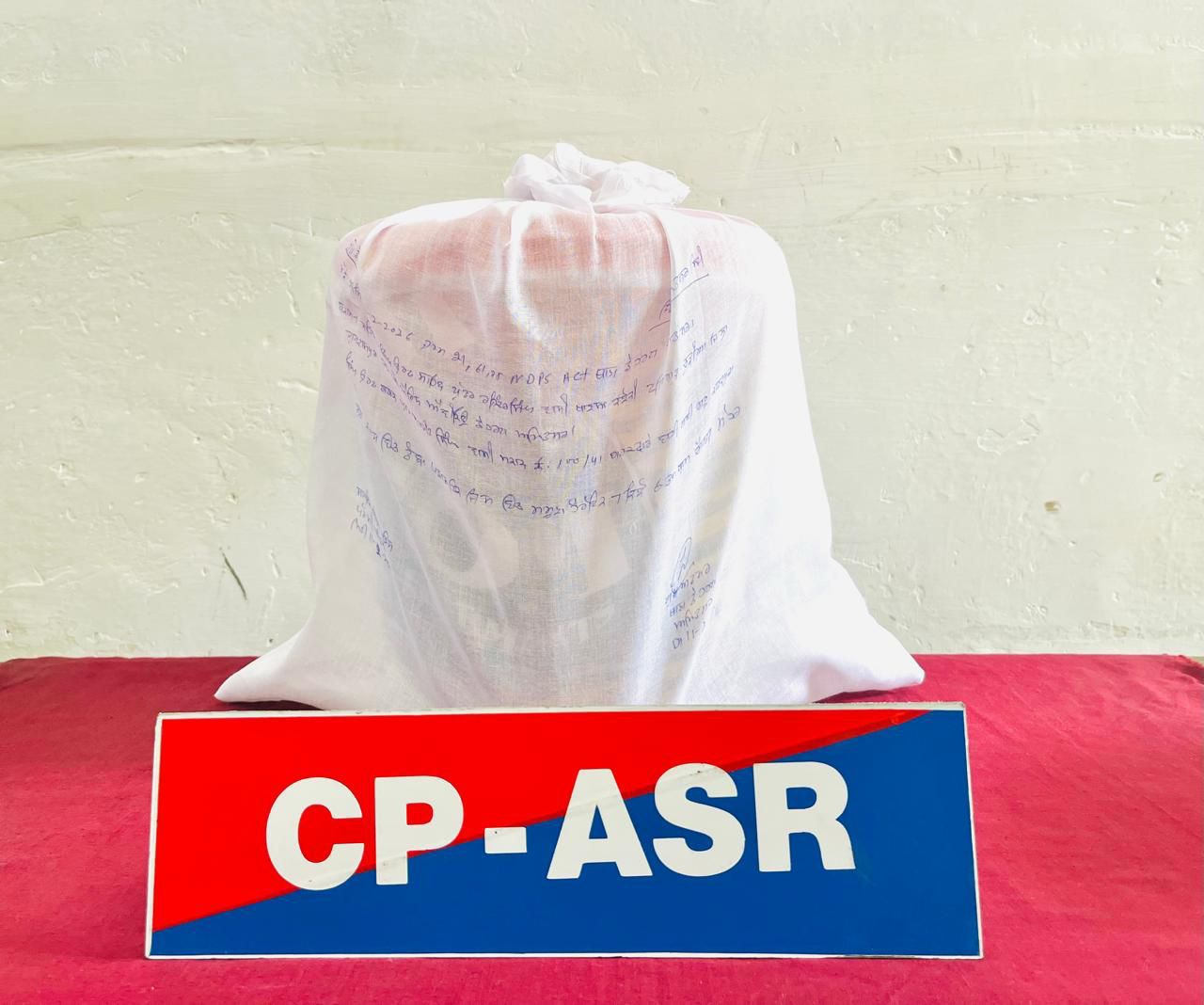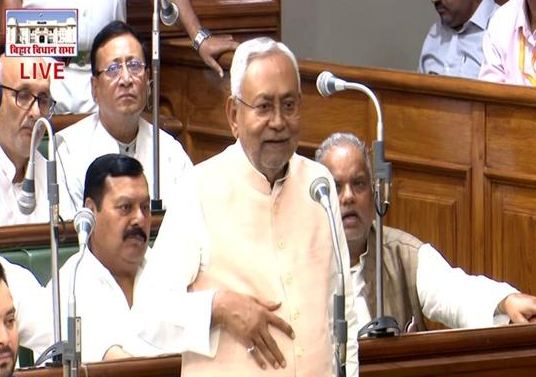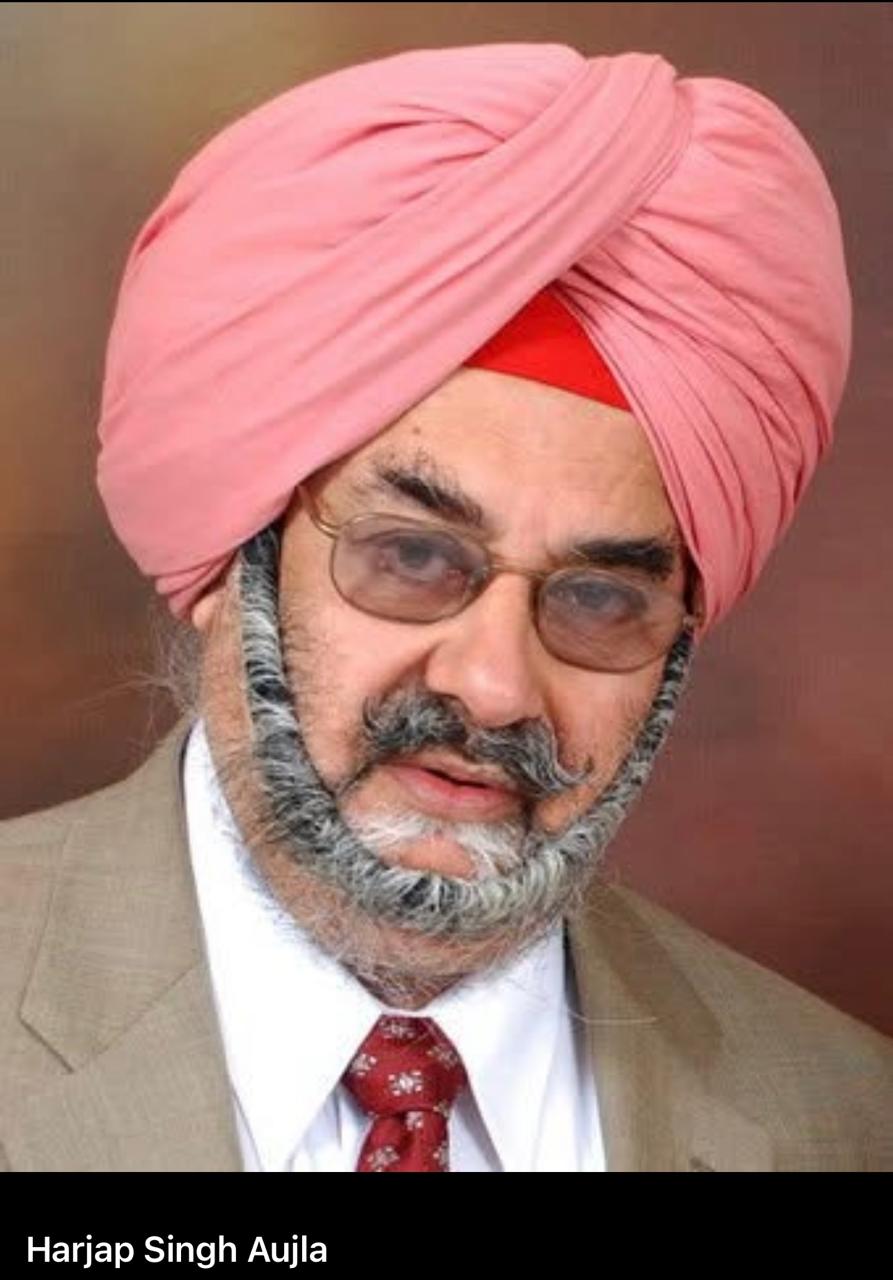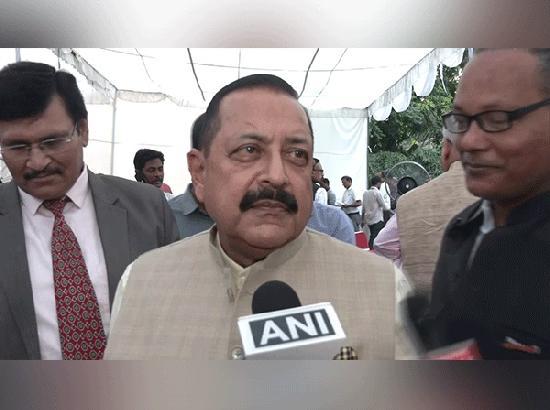Person in jail or police custody has no legal right to vote, says HC Advocate

The Fact News Service
Chandigarh, April 8
Though existing law prohibits former Haryana Chief Minister Om Prakash Chautala and his elder son Ajay Singh Chautala from contesting any elections till July, 2027 and February 2028 respectively, the Election Commission of India can reduce the ineligibility period or even waive it off, says Punjab and Haryana High court advocate and electoral expert Hemant Kumar.
“Chautalas were convicted in J.B.T recruitment scam. They were found guilty under Prevention of Corruption Act, 1988 and IPC in a teacher recruitment scam. They were sentenced to jail from January 2013, after which OP Chautala was released prematurely in July 2021 and Ajay Chautala in February 2022 after serving the sentence,” stated HC Advocate.
Kumar, while commenting on the current on legalities of electoral process, said that while law allowed a person in jail to contest elections they were not allowed to vote. According to Kumar in the year 2023, a three-judge bench of the Supreme Court comprising Chief Justice of India (CJI) D.Y. Chandrachud, Justice P.S.Narasimha and Justice J.B. Pardiwala, refused to hear and consider the PIL which challenged the existing section 62(5) of the Representation of the People Act (RP Act) 1951, according to which prisoners in jail/prison (Prisoners) and persons sent to lawful police custody cannot vote in elections. It was first in January 1983, a two judge bench of the Supreme Court and then in July 1997, a three judge bench of the Supreme Court had invoked the above Section 62 of the Representation of the People Act, 1951 was declared legally valid.
“In our country the right to vote in elections is not a constitutional fundamental right but is a legal right on which electoral law is made by the Parliament. According to the currently applicable legal provisions, not only the person who has been declared guilty (criminal) in a case by the court after a trial (legal trial process) and has been sentenced to imprisonment (jail) but also the accused person (accused) who has been sentenced by the court has no right to vote. A person who has been sent to police custody (remand) or judicial custody (jail) also does not have the right to vote in elections. Such legal restriction of not being able to vote does not apply to a person who has been subjected to preventive detention under any appropriate law. However every accused person can contest as a candidate in those elections, no matter how serious an FIR/FIR has been registered against him or whether a charge sheet has been submitted against him in the court or even if of course a trial is going on against him in the court”, says Kumar.
“In July 2013, the Supreme Court, while upholding the decision given by the Patna High Court in the year 2004, ruled that when a person is in jail or police custody as an undertrial, the right to vote is denied he is also ineligible to contest the elections, but then the Manmohan Singh led UPA-2 government in power at the Center got an amendment law passed by the Parliament and the overturned the decision. Now eligibility to contest elections depends on Section 8 of the Representation of the People Act, 1951, that is, under which law and for how many years, he has been declared guilty by the court and the punishment (fine and imprisonment) has been given,” he added.
HC Advocate said that if a person has been declared guilty under the Prevention of Corruption (PC) Act 1988 and has been sentenced only to a fine, still he cannot contest any election for six years. However, apart from the criminal laws included in Section 8 above, if a person is declared guilty by a court under any other law and is sentenced to a jail term of less than two years, then there is no legal restriction on his contesting elections, Kumar added.



